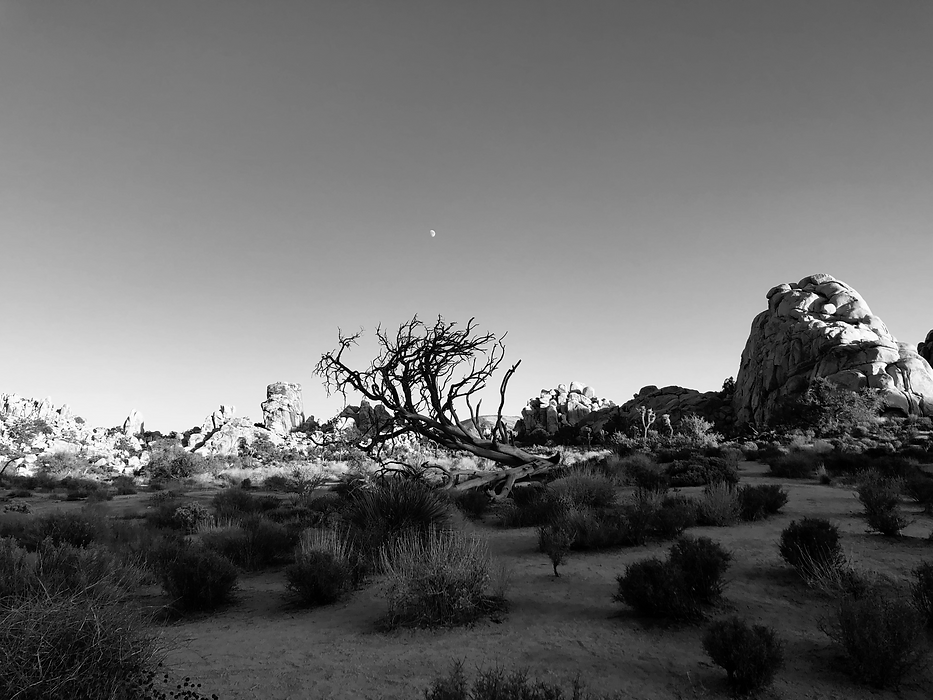
Reiki
Reiki is an ancient practice traced back to Tibet 2,500 years ago. Our contemporary iteration was brought into modern consciousness in Japan in the 1920s by Buddhist monk, Mikao Usui and brought into the western world by his students.
Reiki is a spiritual practice, but it is not tied to any religion or religious belief system. Reiki consists of five basic principles: Just for today, I will not worry, I will not be angry, I will be grateful, I will do my work honestly, I will be kind to every living thing.
While not a substitute for conventional medical treatment, Reiki is an effective complementary therapy.
To me, Reiki is a gentle way to help clients feel safe and relaxed while we work through the chakras, allowing the Reiki energy to clear any blockages and create a healthy energy flow. Most often, clients enter a deep state of rest during the session and leave feeling calm and refreshed. Typically, they report sleeping well and feeling less stressed and more focused over the days and weeks following a session. In addition to improved sleep and stress reduction, benefits of Reiki include reductions in anxiety, depression, pain, and fatigue and increases in immune system function, emotional healing, and overall well-being. As a part of my own self-care, Reiki has provided a valuable introduction into the world of energy healing and helped me keep my own energy centers balanced.
For those who don't like to be touched, Reiki can be done without actually making physical contact by working in the energy field surrounding the body. Reiki can also be done effectively at a distance. As Tony Robbins says, "Energy flows where our attention goes."



